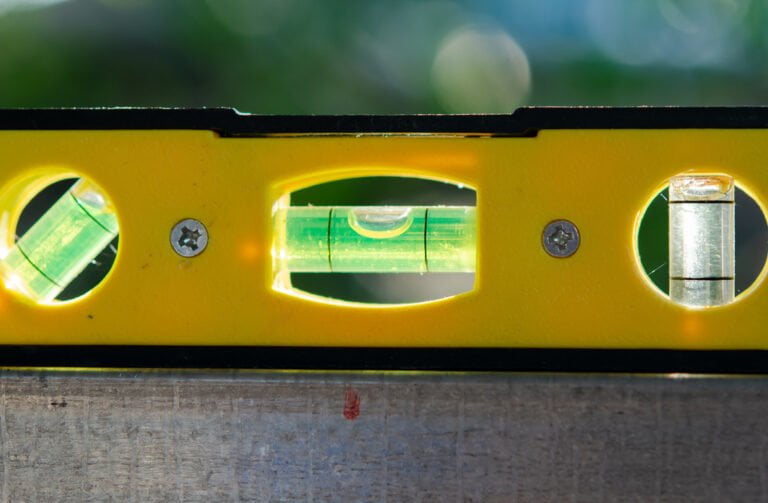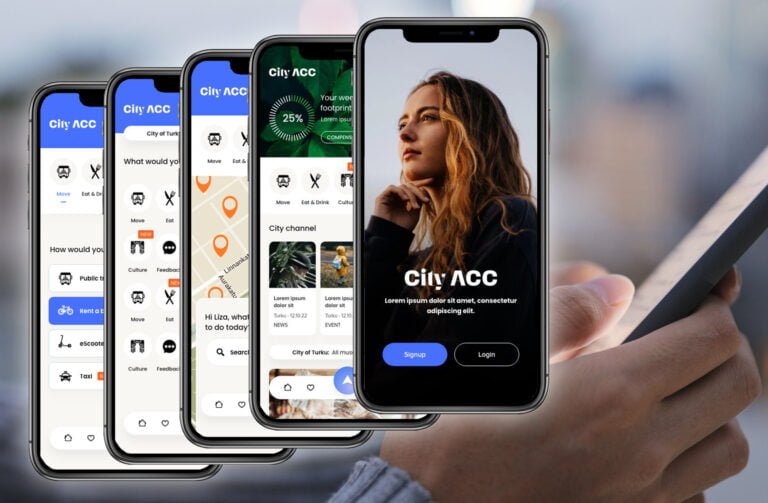By Elena Lipchenko
VP of business development
Pollution. Traffic jams. Not enough parking.
The current need for better public transport systems and a greener future are clear. As of now, mass transit creates 25% of CO2 emissions in Europe, but the industry is facing a change as Europe aims to become the first climate neutral continent. By 2050, Europe aims for net-zero carbon transport, and the European Green Deal will ensure a 90% reduction in greenhouse gas emissions from transport.
In order to find necessary solutions to the issues of a world affected by climate change, PayiQ offers smart ticketing solutions.These solutions in part ensure the possibility for a safer and more sustainable traffic environment, the comfort of spacious streets and an equal spatial reach for individuals.
Public transport as an important part of greener future for cities
Public transport is one of the most obvious ways that cities can implement structural environmental friendliness. By minimizing traffic jams, it is possible to reduce emissions greatly. Safer streets with less cars also provide the opportunity for vibrant city life with more room for parks, terraces and open spaces.
Many large cities such as London, Paris, Berlin, Oslo, and Brussels have already taken to closing their city center for private cars and building low emission zones. In some cases, road tolls have also been introduced. While reducing areas for private vehicles may create frustration in citizens, the change is essential in order to aid the climate.
Shaping the appeal of public transport is crucial. Us humans are prone to choosing the most comfortable option. This requires optimized planning in timetables, routes, and safety. Easy and smart ticketing solutions that make transport feel like second nature are also advantageous in making mass transit convenient and more desirable.
Ways cities can improve their sustainability through the use of mobile tickets and smart systems by PayiQ
PayiQ provides effective solutions that advance the convenience of public transport. As information on arrival times, trip durations, and costs for all methods of transport are provided in the app, personal planning becomes easy. All ticket types become available with few taps on the screen, with all modern payment methods.
As purchases, payments and ticket control become effortless, the stressfulness of urban transport lessens greatly. Simultaneously, as the number of individual vehicles decreases, streets become safer and easier to navigate for pedestrians, bicyclists and drivers alike.
We expect mass transit loyalty to increase as PayiQ looks forward to introducing in app passenger engagement tools. This could be carried out through gamification and other incentives to move without using motorized means. Individual daily choices of taking on walking, cycling, or driving electric scooters instead of personal cars can total up to a great effect on the climate. We believe that giving citizens tools to track their own personal impact on the environment would lead to positive changes.
Climate-friendly public transport concerns us all
In order to give the streets back to people, a larger switch to public transport and other modes of eco-friendly transport is required.
To illustrate, a large public transport bus can carry 130-150 people. As usually there are 1,5 people in a personal car, all of these people choosing to take the bus would result in 80-100 less cars on the streets. This already amounts to cleaner air, spacious streets, and a greener future.
















